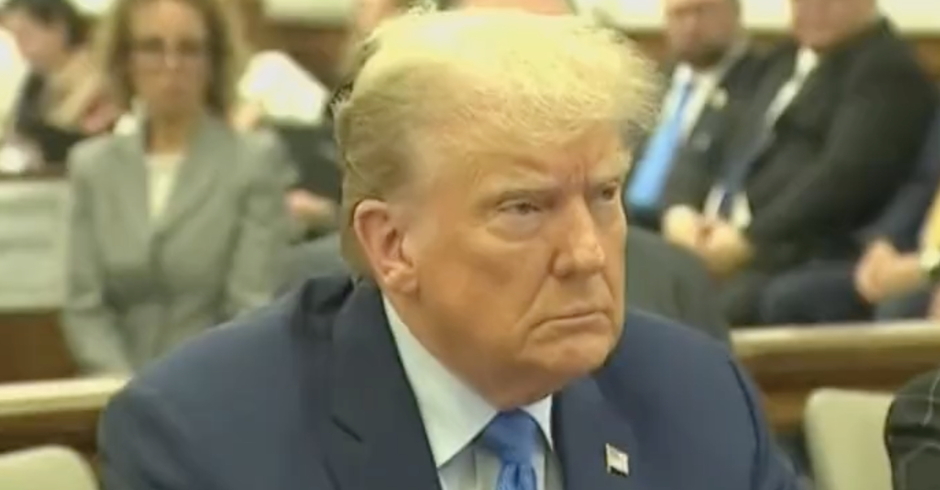[ad_1]
Special Counsel Jack Smith’s prosecution of Donald Trump in the Espionage Act case, which will be tried in Florida, will not be stalled by the U.S. Dept. of Justice’s policy on not taking certain actions 60 days before an election. The case, often referred to as the classified documents case, includes 31 charges under the Espionage Act.
MSNBC legal analyst and contributor Katie Phang Friday afternoon reports on the “BIG news out of Ft. Pierce.”
“The DOJ advises Judge Cannon that the ’60-day rule’ does NOT apply in Trump’s case as he has already been indicted & the case is already being litigated,” Phang writes. “So, no reason to delay taking him to trial, even with elections in November.”
Phang notes professor of law and her fellow MSNBC contributor Joyce Vance has been making that point.
“Read the policy for yourself,” Vance added Friday. “it doesn’t apply after a case is indicted, when the judge, not DOJ, is in charge of the schedule. Trump’s lawyers got it dead wrong.”
Vance points to her own Substack newsletter’s commentary, where she explains: “At the start of his filing, Trump tries to invoke DOJ policy as a justification for not having a trial this year. But he gets the analysis dead wrong. Trump tries to claim the protection of a DOJ policy against interfering in elections—a huge irony in light of Trump’s efforts to corrupt DOJ after the 2020 election and get the Justice Department to legitimize his false election fraud claims.”
READ MORE: Trump Swore Under Oath He Had $400 Million in Cash – Now He’s Telling a Court a Different Story
“Trump argues that ‘Given President Trump’s status as the presumptive Republican nominee and President Biden’s chief political rival, a trial this year would also violate Justice Manual § 9-85.500, which applies to the Special Counsel’s Office, and prohibits ‘Actions that May Have an Impact on an Election.’ ‘”
“The provision Trump references reads as follows: ‘Federal prosecutors and agents may never select the timing of any action, including investigative steps, criminal charges, or statements, for the purpose of affecting any election, or for the purpose of giving an advantage or disadvantage to any candidate or political party,’” Vance notes.
She adds that the timing of a trial is controlled by a judge, not the DOJ.
READ MORE: ‘Injustice’: Experts Condemn Supreme Court’s ‘Fundamentally Corrupt’ Trump Decision
The post ‘Trump’s Lawyers Got It Dead Wrong’: Espionage Act Trial Will Not Be Stalled by DOJ Rule appeared first on The New Civil Rights Movement.
[ad_2]




